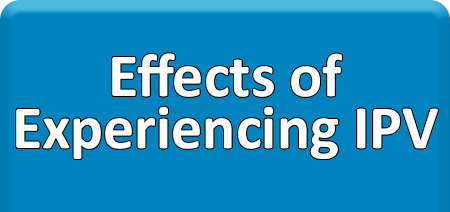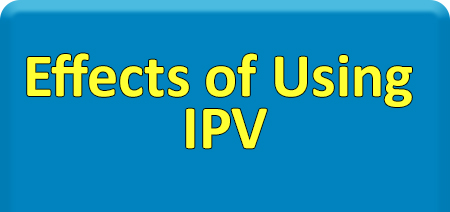VHA Social Work
Intimate Partner Violence Assistance Program (IPVAP) - VETERANS & PARTNERS - What Is IPV?
 |
 |
 |
 |
 |
Relationships provide positive support to you and are important aspects of overall well-being; however, the presence of intimate partner violence can threaten healthy relationships. Not only does intimate partner violence affect the person experiencing IPV, it also has negative effects on those who use IPV.
Below are the most common negative consequences to relationships for the individual who is using IPV.
- Fear – Fear looks different for everyone. Some may fear others will find out. Some may fear their intimate partner may leave. Oftentimes, people ear their own physical and emotional reactions. Another fear could be reaching out for help.
- Loss – Often people fear loss if they seek help for IPV. Loss may also include loss of: self-worth, friendships, family, or loss of control.
- Distrust – Examples of distrust in IPV may be: lying, manipulation, isolation, hiding financial information, or even stalking behaviors.
- Lack of respect – Respect in relationships takes many forms, lack of respect may mean name calling, refusing to let your partner make decisions, or not respecting their boundaries.
- Insecurity – This may look like: needing constant reassurance, insisting a person gives up friends or family, jealousy, or low self-esteem or self-worth.
- End of the relationship – Ending the relationship may cause concerns due to: lack of supports, uncertainty about the future, financial/employment/housing concerns, or family instability.
- Fear of new relationships – Leaving an unhealthy relationship can cause difficulty forming new relationships due to many of the reasons listed above.
If you have concerns about what’s happening in your relationship, contact us. We’re here to listen and support you!
For more information or assistance, contact your local Intimate Partner Violence Assistance Program, Primary Care Social Worker, or other Provider. Women Veterans can also ask for the Women Veterans Program Manager.
Not yet a patient at VA? - Apply Now
Find help in the community by calling the National Domestic Violence Hotline at 1−800−799−7233 (SAFE) or TTY 1−800−787−3224.
If you or a loved one is in immediate danger, call 911
If you’re experiencing an emotional crisis or having thoughts of suicide, call the Veterans Crisis Line: 1-800-273-8255 and Press 1 or TTY 1-800-799-4889
* Links with an asterisk (*) next to them will take you outside the VA website. VA is not responsible for the content of the linked site. This link does not constitute endorsement of the non-VA website or its sponsor.























